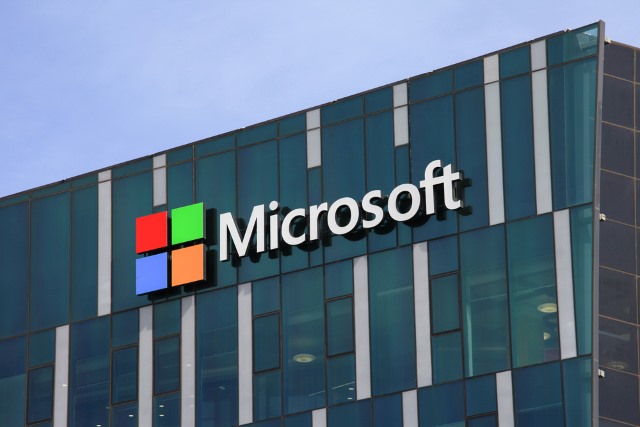
Microsoft makes Xamarin SDKs for Android, iOS and Mac open source
Microsoft's embracing of the open source movement grows ever tighter, and today the company announced that its Xamarin SDKs (available for Android, iOS and Mac) will be open sourced. It's not long since Microsoft bought Xamarin, and just weeks later the SDKs are being opened up.
Announced at the Xamarin Evolve 2016 event, the move sees Microsoft trying to encourage mobile developers. The company says it has already made great strides in this area: "we helped nearly 3.5 times more developers get started building great apps with Xamarin than ever in our history as a company".

Apple tells developers watchOS apps must work without an iPhone
Apple has announced to developers that, starting June 1, all watchOS apps submitted for inclusion in the App Store must be native apps based on watchOS 2 SDK. What this means in practice is that Apple Watch apps must function without an iPhone.
This is something that has plagued wearables from other manufacturers -- including Samsung -- and the new rules will almost certainly go down well with consumers. Ultimately this should lead to an improvement in the quality of Apple Watch apps, as developers will be forced to build in more functionality.

Demand for web developers rises in UK
New research from the contract recruitment company Sonovate shows that demand for contract web developers in the UK increased by 22 per cent between the last quarter of 2015 and the first quarter of 2016.
The company took a sample of 4289 listings on its job boards to compile its research. Sonovate found that postings for web developers, PHP developers, front end web developers, web application developers, senior web developers and website developers had all risen significantly.
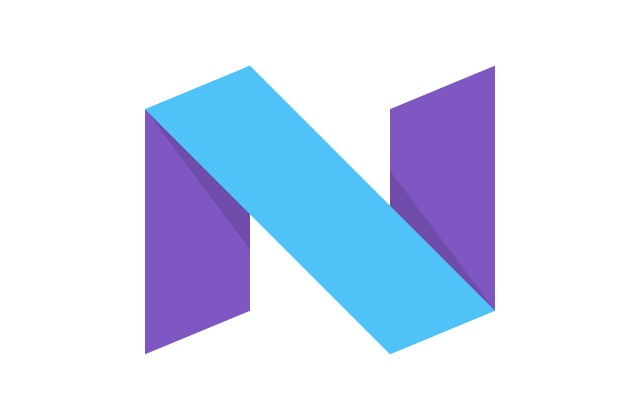
Android N Developer Preview 2 available to download now
It's only a few weeks since the first developer preview of Android N was released, but now it's time for the second. Google has announced the availability of Android N Developer Preview 2 packed with bug fixes and a raft of new features.
Among the new tools for developers to play with is Vulkan, a new 3D rendering API which Google says provides a big performance boost for certain apps. Other key additions include support for the more human-looking Emoji Unicode 9, and new launcher shortcuts that can be used to quickly jump to specific actions within an app.

Basic API security measures are often overlooked
APIs are the glue that holds much of the digital world together, connecting systems, apps and data. But a new survey reveals that many organizations are failing to place enough emphasis on API security.
Research company Ovum in partnership with bot detection and mitigation firm Distil Networks, surveyed 100 IT and security professionals. They found that 30 percent of APIs are planned out with no input from the IT security team and 27 percent of APIs proceed through the development stage without the IT security team weighing in.

Which is the most complex programming language?
JavaScript may be today’s go-to for front-end programming, but in many ways it’s a language that mimics what has come before. Just like COBOL, C, C++, C#, Java and Python, JavaScript is a procedural language. There’s nothing distinctive about JavaScript, with one big exception: JavaScript has a code complexity problem.
How could JavaScript, a language based on the same paradigm as many others, have a complexity problem that is so singular? The answer is temporality. JavaScript sits in a unique spot in software development history, rising squarely in the midst of a shift from mostly back-end to mostly front-end development, which was spurred by the mobile revolution.
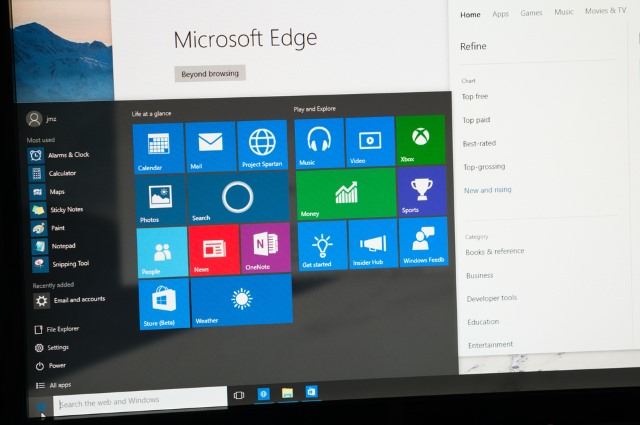
Microsoft's Desktop App Converter helps devs bring Win32 and .NET apps to the Windows Store
Apple has been hugely successful in building up an app ecosystem over the years, Microsoft rather less so. Today at Build, the Windows 10 manufacturer announced a tool that it hopes will bolster the number of apps that appear in the Windows Store: Desktop App Converter, part of the Project Centennial program.
The tool has been designed to make it possible for developers to convert legacy desktop apps into Windows Store-compatible AppX apps. The quick-and-easy conversion to Universal Windows Platform apps will enable developers to bring their creations to not just Windows 10 on the desktop, but also Xbox One and the Windows Mobile platform.
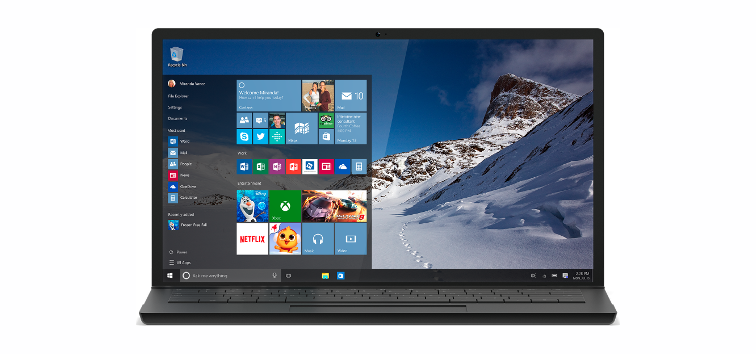
Is Microsoft actually about to do something interesting with Live Tiles in Windows 10?
With Live Tiles, Microsoft has promised much but delivered little. This could be about to change. We're just days away from Build 2016, and there's a great deal of excitement about what could be revealed. Live Tiles, it seems, could be about to evolve into something useful.
The schedule for the developer conference has been posted online, and it sees Microsoft is entering full-on tease mode. At a session called 'What's New for Tiles and Toast Notifications', Microsoft promises a couple of surprises. Build is aimed at developers so it's hard to predict exactly what's in store, but Microsoft's description of the session is certainly titillating.

A different take on what DevOps is
For the last couple of years I’ve been struggling a bit with the idea of DevOps. At the root of it was my own lack of clarity about what it is. My question remained unanswered and it wasn’t for the want of trying.
I went to conferences, attended talks, read articles and met with people in our business. I gathered logically inconsistent lists of things that it was and wasn’t. In the end, I concluded that there isn’t a consensus, so I had to work out what DevOps means to me.
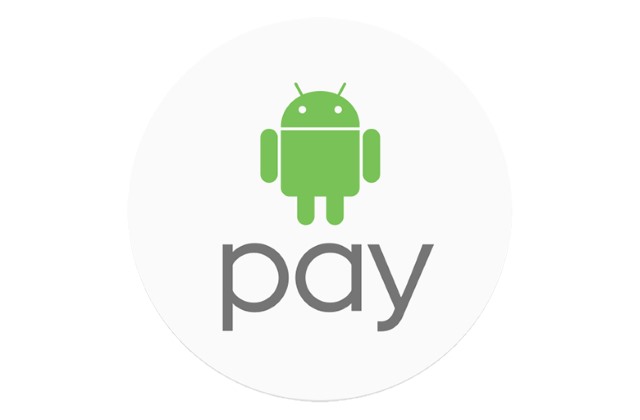
Google will launch Android Pay in the UK 'in the next few months'
Ready to compete with the already-established Apple Pay, Google's Android Pay is due to make its first foray into Europe when it launches in the UK in the coming months. To make things easy for retailers, Android Pay can be accepted anywhere that already supports contactless payments.
In addition to places such as Starbucks, Costa, KFC and Waitrose, Android Pay can also be used to pay for Tube, bus and train journey with Transport for London. The UK debt will follow a successful US launch and growth into Australia, but Google has not yet revealed whether the reward schemes enjoyed by those in the US will also make their way to the UK.

Some UK developers believe recruiters lack IT knowledge
The shortage of tech talent in the UK is not as straightforward as we thought -- it’s not just about the country not having enough actual people. The problem is also in the recruiters, a new and comprehensive study suggests.
The study was done by the Stack Overflow website for developers, and surveyed more than 56,000 people living in 173 countries. According to the survey, 73 percent of developers in the UK are either actively looking for new jobs, or are "open to new opportunities".
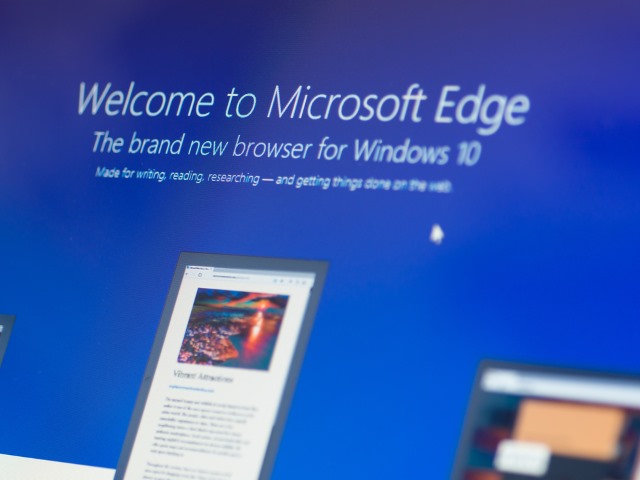
Microsoft is working on a tool to port Chrome extensions to Edge
Microsoft has been keen to consigne Internet Explorer to the history books, but for a long time there has been a glaring issue with its successor, Microsoft Edge: a lack of extensions. With the release of Windows 10 Redstone build 14291 this finally changed.
While Microsoft Edge may now have extensions, it's still very early days and it's likely you'll find that most of your favorites are yet to make an appearance. But Microsoft has a plan. To make developers' lives as easy as possible, the company is working on a tool that will make it possible to port Chrome extensions to Edge.

OS X and Linux threaten Windows' dominance in developer market
OS X and Linux are nowhere near as popular as Windows when we look at the PC market as a whole, but the two platforms are actually extremely popular with a certain crowd. According to a StackOverflow survey, 26.2 percent of developers use Apple's Mac operating system, while distributions based on the open-source kernel are not that far behind, having a combined 21.7 percent usage share.
This may come as a bit of a shock, but, yes, OS X and Linux are nearly as popular as Windows among developers. In fact, according to StackOverflow, "If OS adoption rates hold steady, by next year's survey fewer than 50 percent of developers may be using Windows" -- and, obviously, OS X and Linux will come out even more popular in the process.

Why cloud security should be a part of software development
The slogan "there is no cloud, it’s just someone else’s computer", accompanied by an image of a worried looking cloud, has been doing the rounds for some time now. It’s overly simplistic but it neatly sums up the mistrust that some computer users have about cloud technology.
The inference being that people who trust the cloud and believe the hype are in some way naïve. The extension of which is that, if you’re giving your data to someone else, how can you be sure it’s safe? This is why cloud security needs to be part of the software development lifecycle.
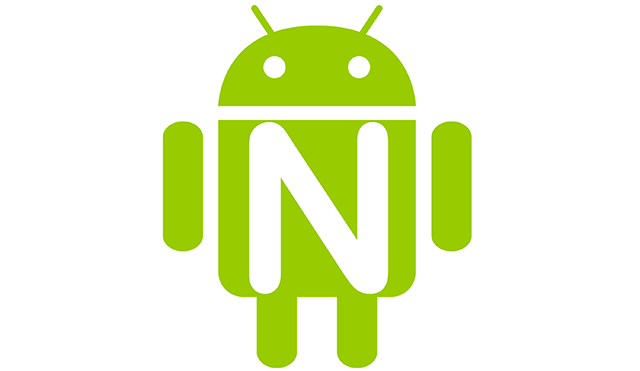
Google releases Android N Developer Preview and how-to install guide
As the battle between iOS and Android rages on, it can be said that both operating systems are wonderful. True, Apple's offering allows more timely updates, but Google's mobile OS is available to many manufacturers for various device types. It is clear why Android is the most-used mobile operating system in the world -- it allows affordable devices, while Apple simply doesn't.
Today, Google shocks the tech world by releasing the first official Developer Preview of Android N -- the successor to the wonderful Marshmallow. It is available for many Nexus devices, and you can install it now. Google even shares a handy how-to guide below.
